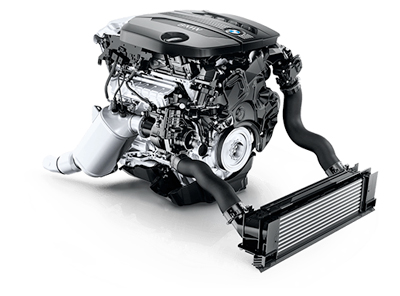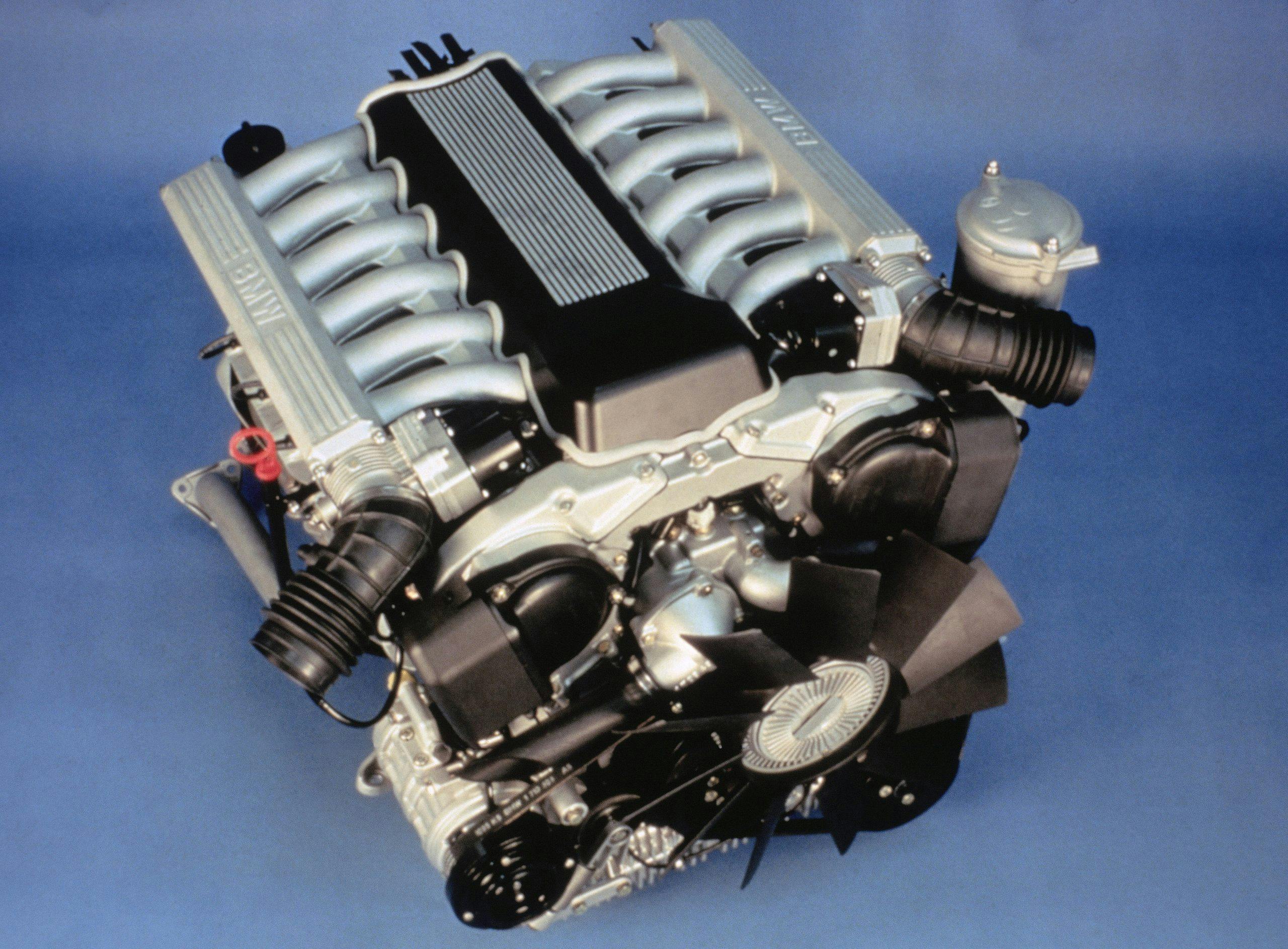Introducing the Intricacies of Next-Generation Power Units: a Deep Study Advanced Engine Developments and designs
In the realm of vehicle design, the unrelenting search of efficiency, effectiveness, and sustainability has moved the evolution of power devices to unmatched heights. As we depend on the precipice of a new era in transport, the details of next-generation engine designs beckon us to discover the sophisticated innovations and advancements that promise to redefine the driving experience. From sophisticated products that press the borders of resilience and weight reduction to advanced turbocharging and supercharging systems that boost power outcome to new degrees, each part of these power systems holds a key to opening the future of automobile design. Digging much deeper into the worlds of discharge control, smart engine monitoring systems, and the perspective of power unit growth, we locate ourselves on the cusp of a makeover that promises to reshape the landscape of flexibility as we recognize it.
Advancement of Engine Materials

The change in the direction of advanced engine products has actually likewise allowed designers to create engines with greater power results while preserving fuel performance criteria. The usage of lightweight materials decreases the general weight of the engine, leading to enhanced fuel economic climate and lower discharges. Furthermore, innovations in products modern technology have actually allowed for much better thermal administration within engines, leading to enhanced reliability and longevity.
Turbocharging and Supercharging Technologies
Exactly How do Turbocharging and Supercharging Technologies transform engine efficiency and effectiveness in modern vehicles? Supercharging and turbocharging are modern technologies that dramatically improve engine performance by boosting the amount of air intake into the burning chamber. Turbocharging achieves this by making use of a generator driven by exhaust gases to pressurize the consumption air, while supercharging utilizes a belt- or chain-driven compressor to achieve the very same impact.
These modern technologies make it possible for smaller, more fuel-efficient engines to create power equivalent to larger ones, understood as downsizing. By compeling even more air into the cylinders, turbocharging and turbo charging improve combustion efficiency, leading to boosted horsepower and torque result without a substantial increase in engine dimension. This results in far better acceleration, pulling capacity, and general driving efficiency.
In addition, turbocharging and turbo charging contribute to enhanced gas efficiency by permitting the use of smaller sized engines that eat less fuel under typical driving problems - bmw engine. This combination of boosted efficiency and efficiency has made turbocharging and turbo charging integral parts of numerous contemporary engine layouts
Emission Control and Environmental Impact
With enhancing global worries pertaining to air quality and environmental sustainability, the application of discharge control modern technologies in automobiles plays an important function in lowering unsafe pollutants released into the atmosphere. Modern vehicles are outfitted with sophisticated emission control systems that help lessen the ecological effect of vehicle procedures. Catalytic converters, for example, are developed to transform hazardous gases such as carbon monoxide gas, more tips here nitrogen oxides, and hydrocarbons right into less dangerous materials like co2 and water vapor.
Additionally, developments in engine technology, such as the integration of exhaust gas recirculation systems and selective catalytic decrease, have considerably added to lowering exhausts. These technologies operate in tandem to maximize combustion efficiency and minimize the launch of dangerous contaminants right into the air. Additionally, the growth of hybrid and electric lorries stands for an important step towards lowering the total environmental footprint of the transport market.
Intelligent Engine Administration Systems

Additionally, these systems this link make it possible for lorries to fulfill stringent emissions criteria without endangering performance, giving a much more eco-friendly driving experience. The integration of artificial intelligence and machine discovering capabilities in engine administration systems remains to press the boundaries of what is feasible, leading to additional renovations in effectiveness, reliability, and general vehicle performance. bmw engine. As auto technology developments, smart engine management systems will play an essential duty in forming the future of transport in the direction of a much more efficient and sustainable instructions
Future Trends in Power Unit Advancement
As intelligent engine administration systems pave the way for enhanced control and optimization in modern automobiles, future fads in power system advancement are poised to redefine the landscape of automobile propulsion innovations. These alternate power resources supply improved efficiency and performance while lining up with strict environmental regulations.
An additional substantial trend is the integration of innovative materials and manufacturing strategies. Light-weight products such as carbon fiber and light weight aluminum are being made use of to reduce overall car weight, enhancing fuel performance and efficiency. Furthermore, innovations in 3D printing and additive production are making it possible for the manufacturing of complex engine elements with higher accuracy and durability.
In addition, man-made intelligence and artificial intelligence are playing a critical duty in enhancing power unit performance. These click to find out more technologies allow for real-time tracking and flexible control, leading to extra dependable and reliable power delivery. Generally, future fads in power unit development are geared in the direction of efficiency, sustainability, and efficiency, driving the automotive market in the direction of a new era of propulsion modern technologies.

Conclusion
In conclusion, the developments in engine products, turbocharging, exhaust control, and intelligent management systems have paved the method for next-generation power devices. The intricate designs and advancements in modern engines display the recurring evolution of automotive innovation.
Checking out the dynamic innovations in engine products has been critical in improving the performance and effectiveness of contemporary engines. Over the years, the development of engine products has actually played a critical duty in pressing the borders of what engines can attain.The change in the direction of progressed engine materials has actually additionally made it possible for designers to make engines with greater power results while maintaining fuel efficiency requirements.The implementation of smart engine monitoring systems in contemporary lorries has actually changed the method engines are managed and enhanced for performance and efficiency. By accumulating information in real-time and assessing it with innovative algorithms, intelligent engine management systems can adjust to driving styles, environmental factors, and engine health to make best use of power result while lessening fuel consumption and exhausts.